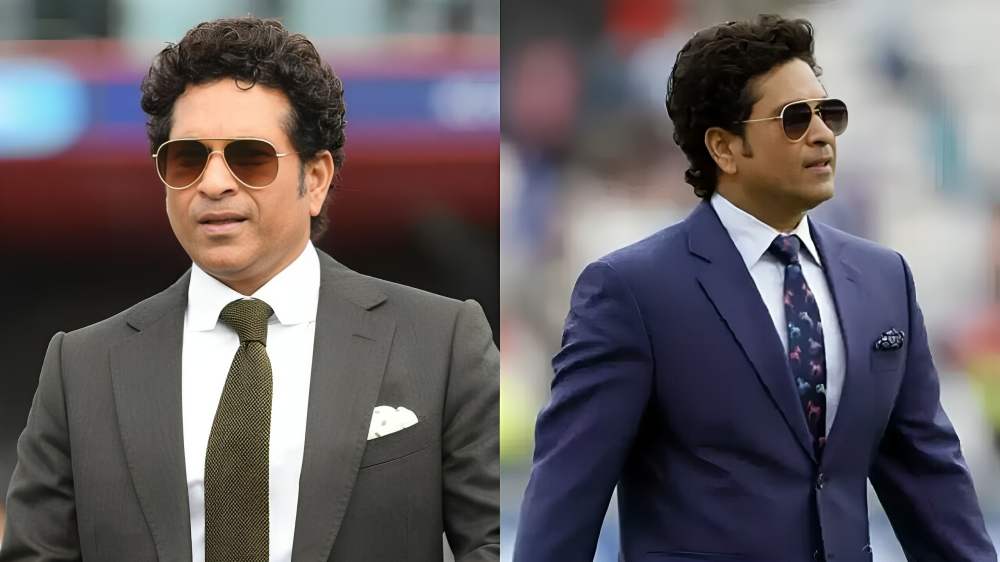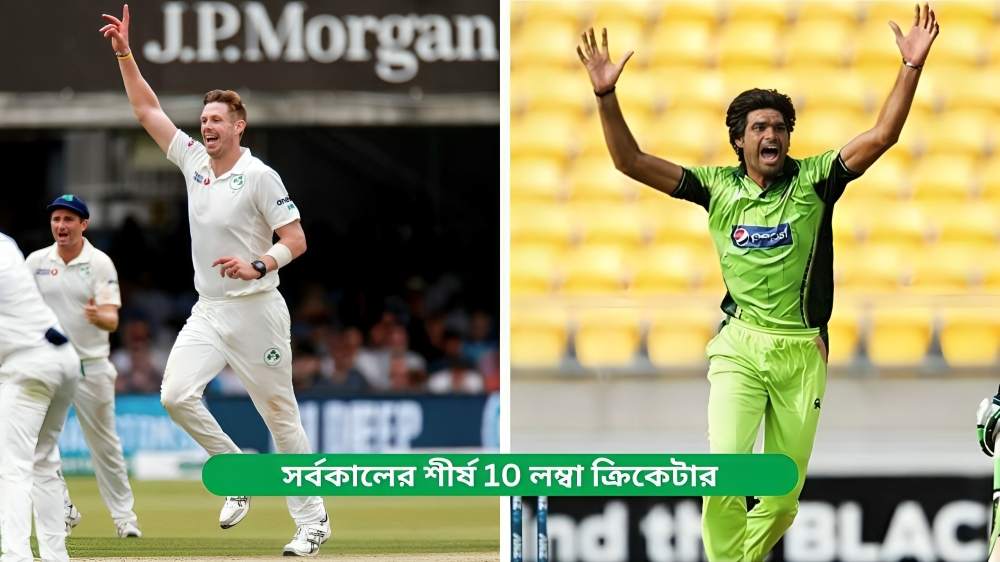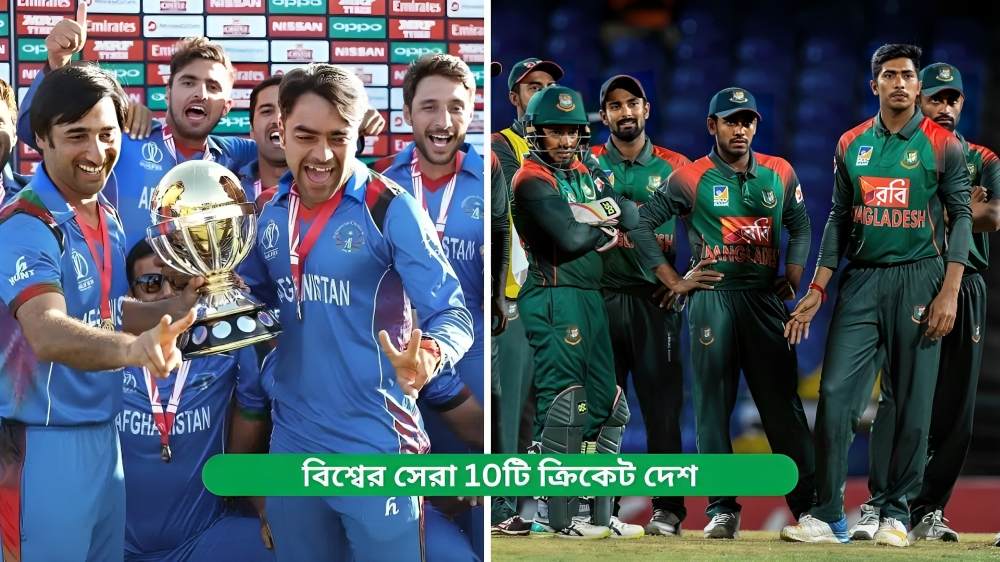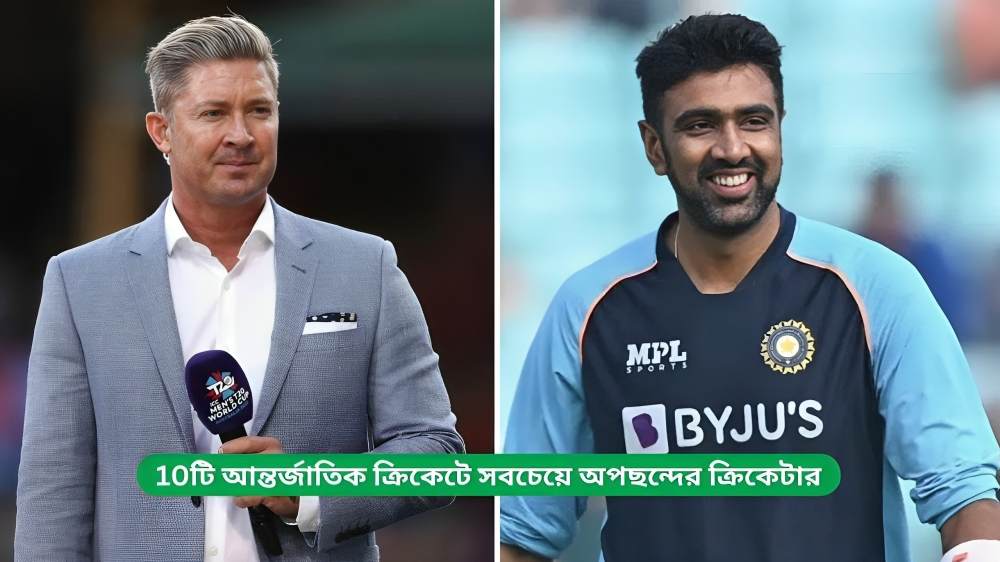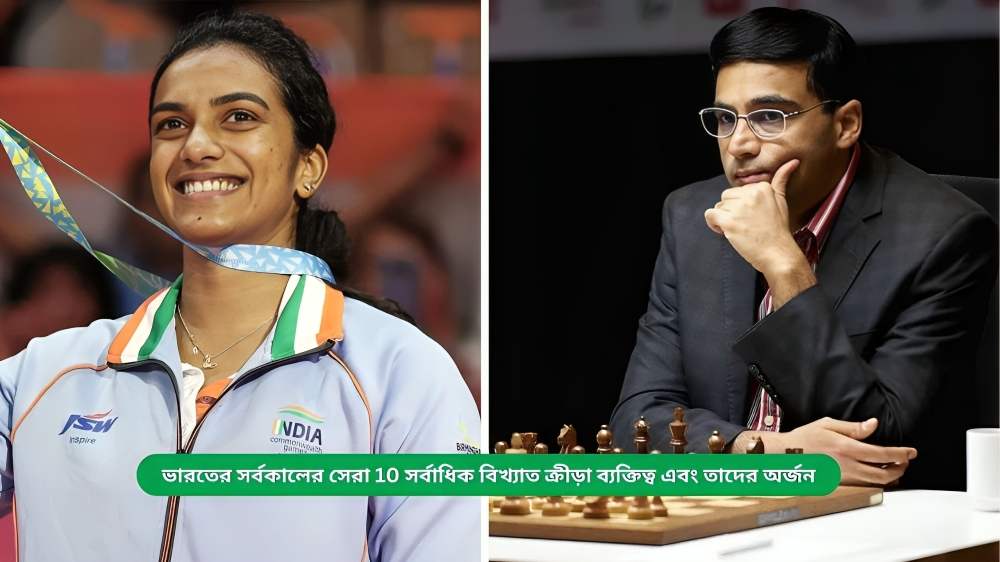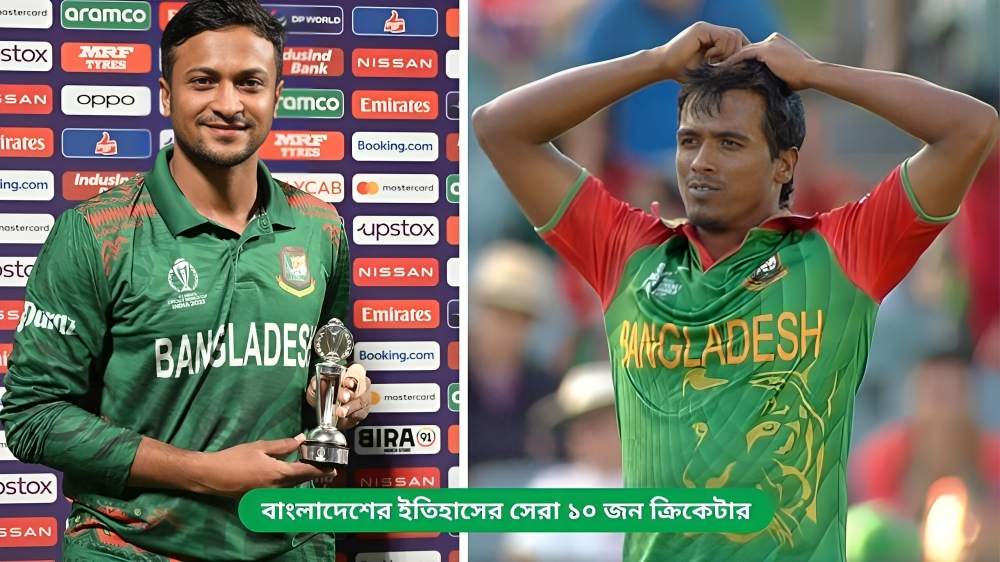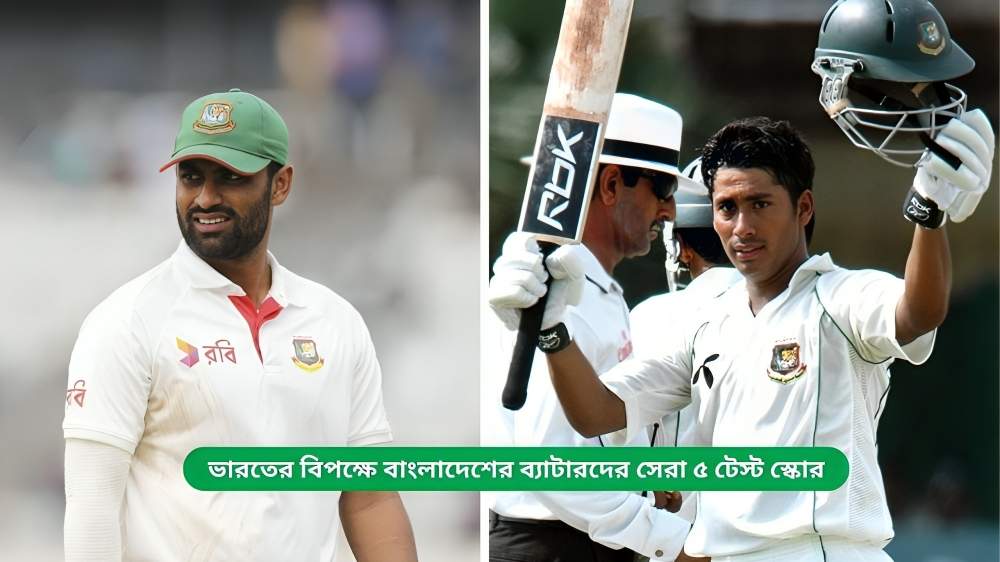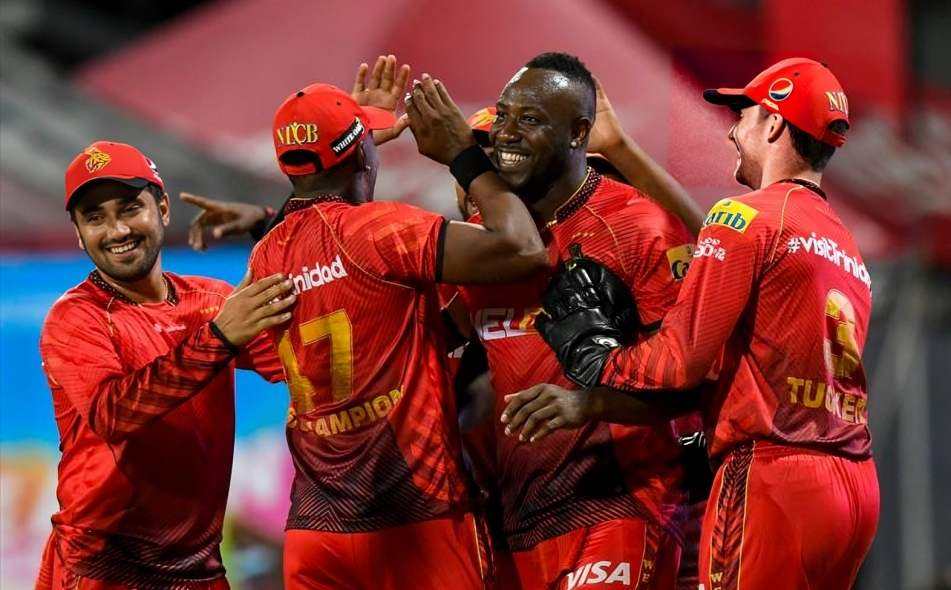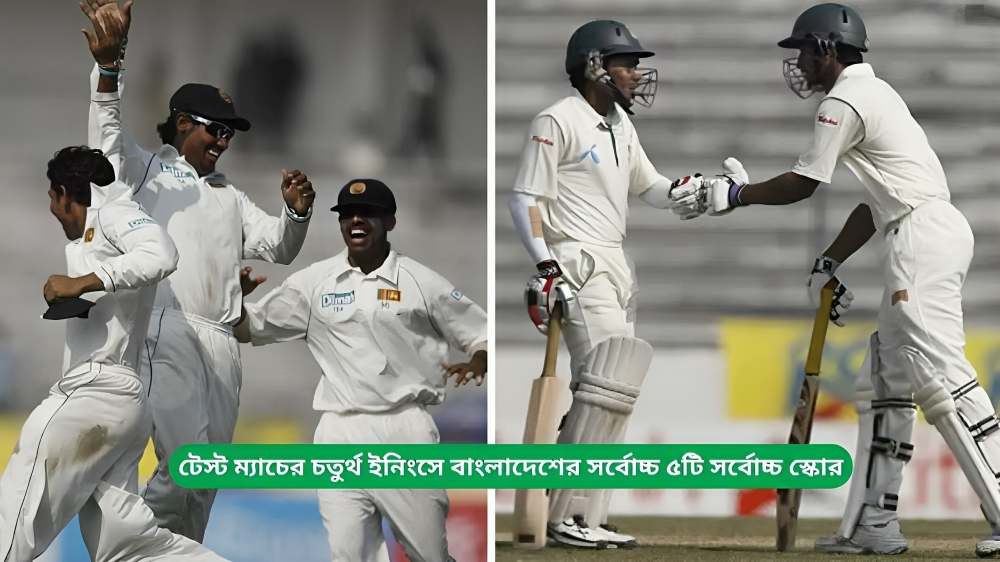How Much Tax Do Cricketers Pay: Cricket is not just a game; it’s a lucrative profession for many athletes around the globe. With endorsements, match fees, and sponsorships, top cricketers often earn substantial incomes. However, with high earnings comes the responsibility of paying taxes, which can vary significantly depending on the country of residence and the structure of their earnings. This article explores how much tax cricketers pay, using examples from notable players to illustrate the complexities of tax obligations in professional cricket.
Understanding Taxation in Cricket
The taxation system for cricketers is influenced by several factors, including:
1. Country of Residence: Different countries have varying tax rates and structures. Cricketers pay taxes based on where they reside and where they earn their income.
2. Source of Income: Cricketers earn money through different streams: match fees, endorsements, and investments. Each of these may be taxed differently depending on local laws.
3. International Matches: Players may also face taxation in multiple jurisdictions if they play in different countries. For example, if a player participates in a tournament in another country, they may be liable for taxes there as well.
Notable Cricketers and Their Tax Situations
1. Sachin Tendulkar (India)

Sachin Tendulkar, one of the greatest cricketers in history, has had an illustrious career that has made him a billionaire. In India, the tax system is progressive, meaning that the more you earn, the higher the percentage you pay in taxes. For individuals with incomes above ₹1 crore (approximately $120,000), the tax rate can go up to 30%. Tendulkar, with his extensive endorsement deals and match fees, has likely faced significant tax obligations, which he has managed through various investments and financial planning.
2. Virat Kohli (India)

Virat Kohli, the modern-day cricket superstar, earns a substantial amount through his cricketing career and various endorsements. As of recent reports, Kohli’s income often exceeds ₹200 crores (about $25 million) annually. Under Indian tax laws, Kohli is liable to pay around 30% on income above ₹1 crore, along with additional taxes such as the Goods and Services Tax (GST) on his endorsements. Kohli’s financial acumen has allowed him to create a diverse portfolio, including investments in sports and lifestyle brands, which also contribute to his taxable income.
3. Joe Root (England)

As the captain of the England cricket team, Joe Root’s income comes from match fees, central contracts, and endorsements. In the UK, income tax rates can reach up to 45% for those earning over £150,000 (approximately $190,000). Root’s salary from the England and Wales Cricket Board (ECB), coupled with his earnings from endorsements, places him in a high tax bracket. Additionally, Root must also consider National Insurance contributions, which further reduce his take-home pay.
4. AB de Villiers (South Africa)

AB de Villiers, known for his explosive batting and versatility, has enjoyed a successful career in both international and franchise cricket. South Africa has a progressive tax system, and individuals earning over ZAR 1.5 million (around $100,000) are taxed at rates as high as 45%. De Villiers has also played in various T20 leagues around the world, each with its own tax implications. For example, playing in the Indian Premier League (IPL) means he may also be subject to Indian taxation on his earnings there.
5. Steve Smith (Australia)

Steve Smith, one of Australia’s premier batsmen, earns a substantial income from cricket and endorsements. In Australia, the tax rate for individuals earning over AUD 180,000 (approximately $120,000) can reach 45%. Smith also needs to be aware of the tax implications of playing in leagues abroad, as international earnings can lead to double taxation issues unless mitigated by tax treaties.
6. Ricky Ponting (Australia)

Ricky Ponting, another Australian legend, has transitioned from a player to a commentator and coach, which comes with its own tax responsibilities. Ponting’s income from cricket was substantial during his playing days, and as an Australian resident, he faced high tax rates. His current earnings from commentary and endorsements also require careful tax planning, especially considering his various business ventures.
7. Chris Gayle (West Indies)

Chris Gayle is known for his flamboyant style both on and off the field. His income stems from international cricket, T20 leagues, and endorsements. In Jamaica, the tax rate for individuals earning over JMD 6 million (about $40,000) can be as high as 25%. However, Gayle’s international engagements mean he often has to navigate multiple tax jurisdictions, complicating his tax obligations.
The Role of Financial Advisors
Given the complexities of taxation, many professional cricketers engage financial advisors to help manage their finances effectively. These advisors assist players in tax planning, ensuring compliance with local laws while optimising their tax liabilities. They also help in structuring endorsements and investments in ways that can minimise tax burdens.
Tax Deductions and Benefits
Cricketers can benefit from various tax deductions based on their expenses. These may include:
Training and Coaching Expenses: Costs related to personal trainers or coaching can often be deducted from taxable income.
Travel Expenses: Travel for matches or promotional activities may also be deductible.
Equipment and Gear: Expenses related to cricket gear can be claimed as business expenses.
The tax obligations of cricketers are as varied as their careers. High earnings come with significant responsibilities, and navigating the tax landscape requires careful planning and professional advice. As the world of cricket continues to evolve with new opportunities and challenges, cricketers must stay informed about their financial obligations. Ultimately, while the financial rewards of cricket can be substantial, understanding and managing tax responsibilities is crucial for ensuring long-term financial health and success.
Also Read: Cricketers Who Are Gay: Breaking Barriers in Sports


